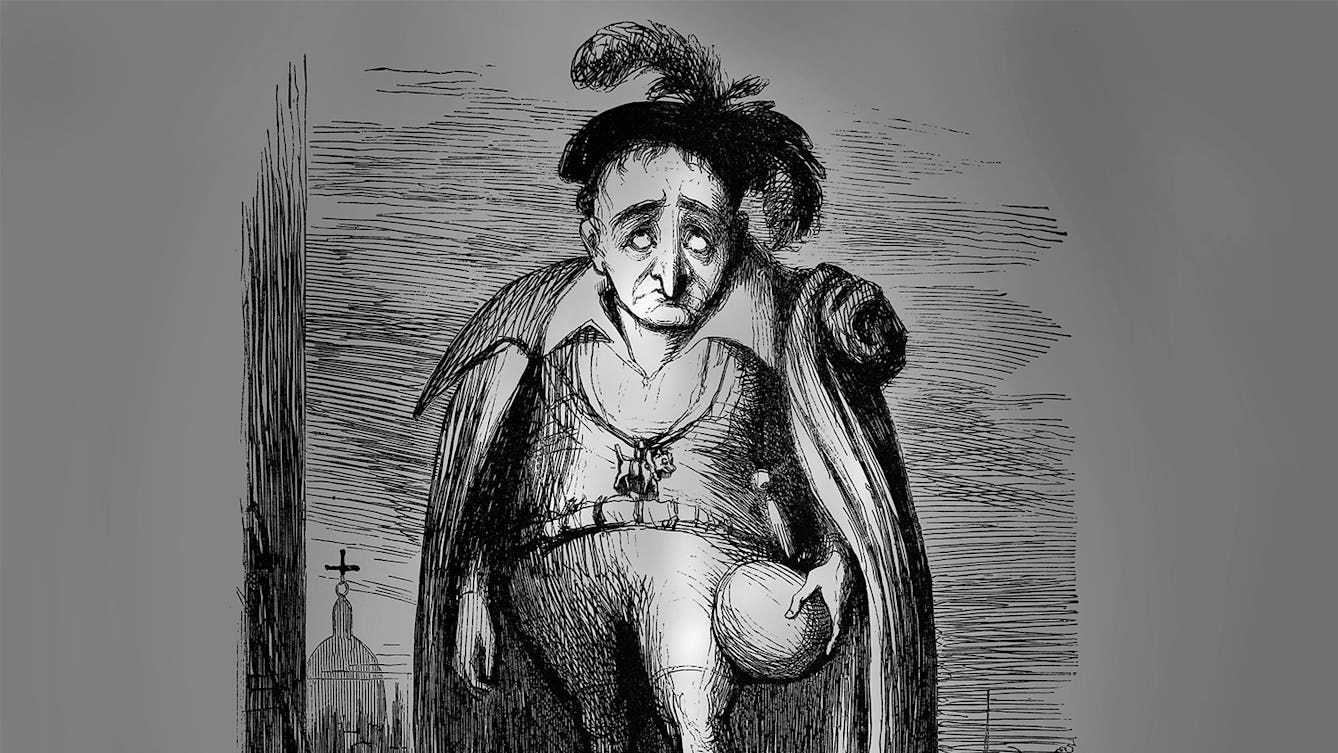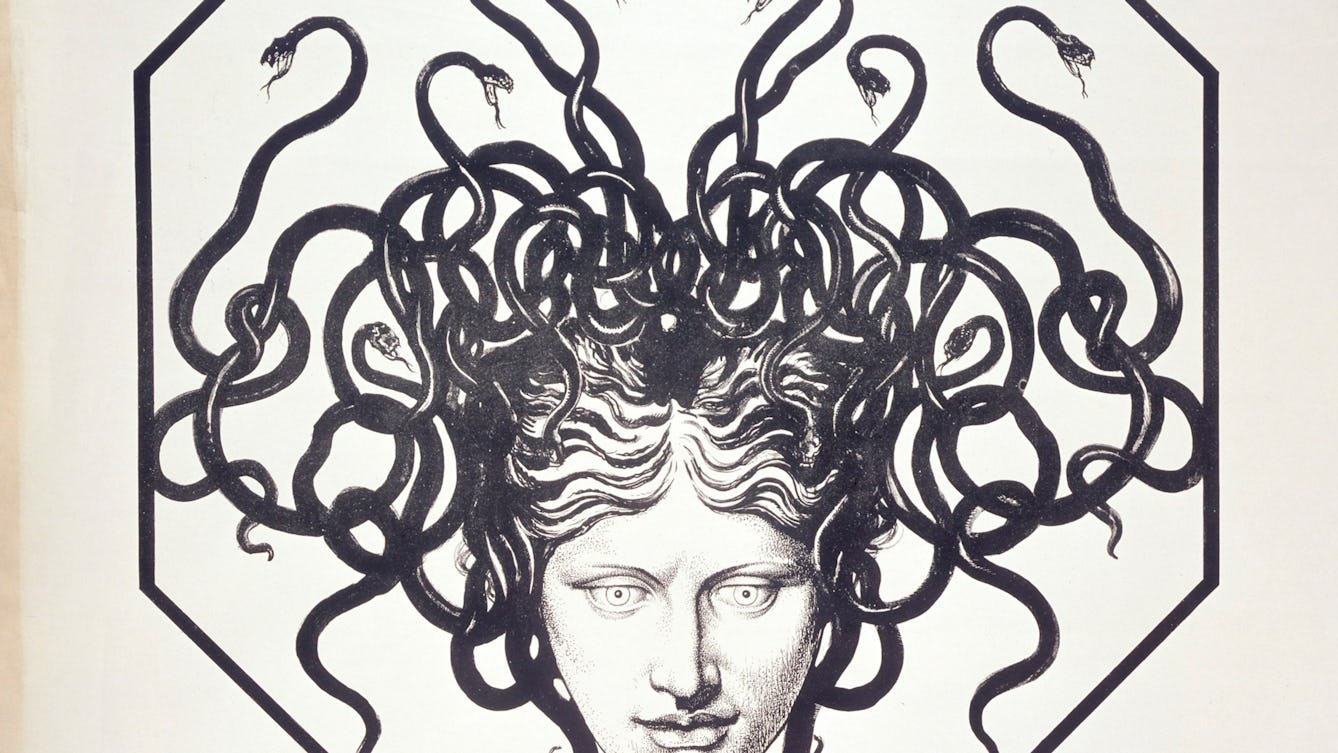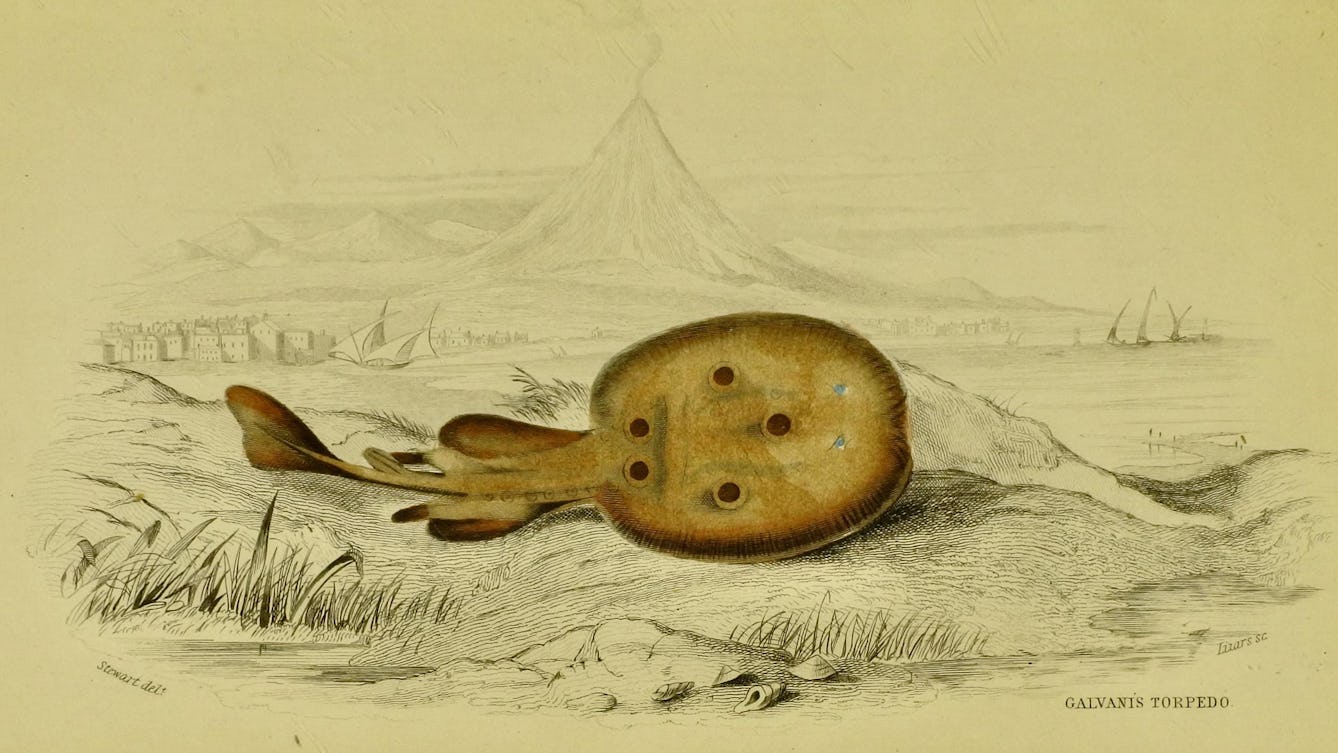
- Article
- Article
The ‘epileptic’ in art and science
From scarred outsiders in literature to the cold voyeurism of medical films and photography, people who experience seizures and epilepsy are rarely shown in a compassionate light in popular culture.

- Article
- Article
Hamlet, the melancholic Prince of Denmark
Hamlet clearly demonstrates an excess of black bile and is arguably the most famous literary melancholic.

- Article
- Article
The power of unicorns
Discover the unlikely connection between pharmaceuticals and unicorns.

- Article
- Article
The evil eye and social anxiety
The ‘look’ of the evil eye is believed to bring bad luck, illness or even death. This ancient curse might be deliberate, inflicted with an envious glare, or it could be accidental, the result of undue attention or excessive praise.

- Article
- Article
Aphasia and drawing elephants
When Thomas Parkinson investigated the history of “speech science”, he discovered an unexpected link between empire, elephants and aphasia.

- Article
- Article
Tragic artists and their all-consuming passions
Does having a debilitating disease help or hinder creative genius?

- Article
- Article
Eels and feels
For Georgian Londoners, the allure of electric animals was both intellectual and sensual.

- Long read
- Long read
Healthy scepticism
Healthcare sceptics – like those opposed to Covid-19 vaccinations – often have serious, nuanced reasons for doubting medical authorities.